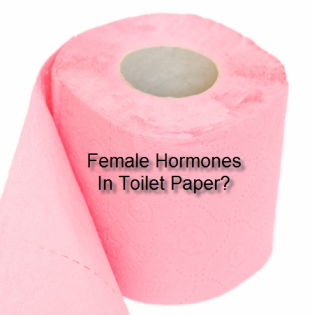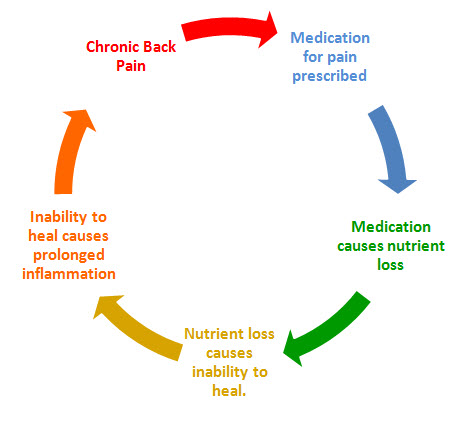 Green Does Not Mean Good For You or the Environment –
Green Does Not Mean Good For You or the Environment –
Many consumers are purchasing recycled toilet paper as an effort to be more environmentally friendly. The problem is, many recycled TP’s contain a dangerous chemical called Bisphenol-A (BPA).
What is BPA?
BPA is a toxic compound that is found in most plastics. In the U.S. many states are working to ban BPA in baby products — baby bottles, toys, pacifiers, and other items that babies put in their mouths. Additionally, these BPA containing plastics can be used to store food (even some cans are lined with it). Water bottles, zip lock bags, plastic utensils, and more contain this estrogen mimicking chemical. Oh yeah, that recycled toilet paper you just bought may also contain BPA.
Recycled toilet paper: Not as friendly as you think?
What happens to toilet paper? It gets flushed. The wastewater ends up at a municipal water treatment plant. When toilet paper contains BPA, it is also processed at the local plant, but unfortunately, some of this BPA finds its way into both surface and groundwater supplies.
Ever stop to think where you will be putting the toilet paper, or what you will be putting it on?
In this ever complex world of marketing and deception, how can you make informed decisions without all of the misleading media messages being blasted at you?
- Use common sense first
- Educate yourself about health (Web Wellness University is a good place to start)
- If you have problems beyond your scope of knowledge, seek out a Functional Medicine Doctor for advice.















